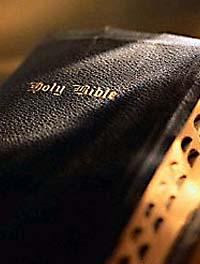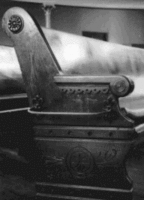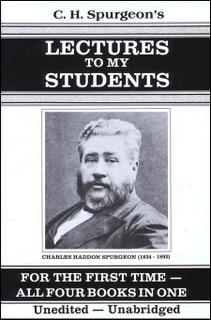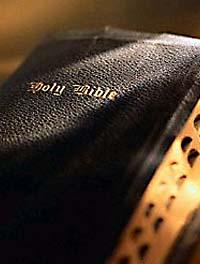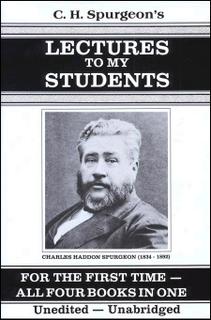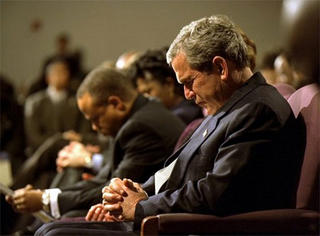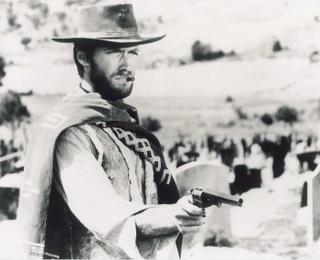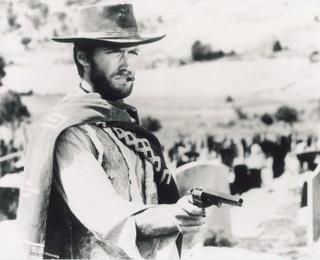Happy Reformation Day!

As many of you might already know October 31st (today) has become known as Reformation Day. It was on this day in 1517 that an Augustinian Monk named Martin Luther nailed his 95 theses to the church door in Wittenberg. A closer look at Luther’s theology may leave some question in your mind, however his leadership in the break from Rome proved to be invaluable. Luther stood on the shoulders of the “pre-reformers,” like Hus and Wycliffe, and recaptured a love for God’s word.
It was in the spring of 1521 that Luther appeared at the diet of Worms to answer for his teaching. With his life hanging in the balance Luther knew the damage that a retraction on his part would cause. Would he be willing to sacrifice his own life for a re-capturing of the bible? The answer is yes. History is somewhat vague on Luther’s exact reply when asked to recant, but it went something like this:
“Unless I am convinced by Scripture and plain reason - I do not accept the authority of the popes and councils, for they have contradicted each other - my conscience is captive to the Word of God. I cannot and I will not recant anything for to go against conscience is neither right nor safe. Here I stand, God help me. Amen."
Luther stood on God’s Word and persevered in the faith. Today I stand on the shoulders of Luther, and the great reformers. Thanks to Luther I am not enslaved by “the authority of the popes and councils.” Thanks to the faithful preaching of John Calvin I have commentaries on almost the entire bible to learn from. Thanks to William Tyndale, who gave his life for Christ, I have God’s Word in English. There are so many men who sacrificed, fought, labored, and even died so that I might stand on their shoulders. It is my intention, God willing, to honor these men by honoring God. By holding firm the doctrines of Grace, and loving the bible. Let us never forget the cries of the reformation:
sola fide: faith alone
sola scriptura: Scripture alone
solus Christus: Christ alone
sola gratia: Grace alone
soli deo Gloria: To the Glory of God alone
Let me try my own rendition of Luther’s proclamation at Worms:
“Unless I am convinced by Scripture and plain reason I will continue to fight for the biblical doctrines re-discovered in the Reformation – I will not forget what these giants in the faith did for the Church, and the opportunity they gave me to study God’s Word - my conscience is captive to the Word of God. I cannot and I will not forget the Reformation for to go against conscience is neither right nor safe. Here I stand on the shoulders of the Reformers, God help me. Amen."

*Thank You Mr. Carver for always instilling in me an appreciation for these reformers; your thoughts can be found all throughout this post.*


